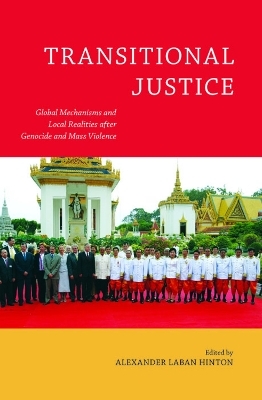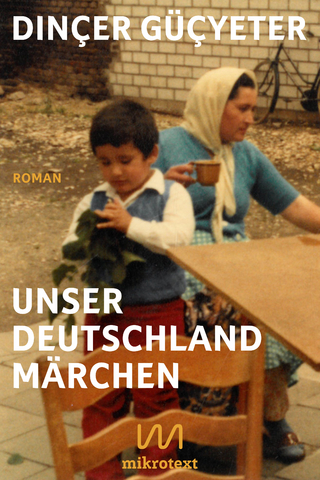
Transitional Justice
Rutgers University Press (Verlag)
978-0-8135-5068-8 (ISBN)
- Titel z.Zt. nicht lieferbar
- Versandkostenfrei innerhalb Deutschlands
- Auch auf Rechnung
- Verfügbarkeit in der Filiale vor Ort prüfen
- Artikel merken
How do societies come to terms with the aftermath of genocide and mass violence, and how might the international community contribute to this process? Recently, transitional justice mechanisms such as tribunals and truth commissions have emerged as a favored means of redress. Transitional Justice, the first edited collection in anthropology focused directly on this issue, argues that, however well-intentioned, transitional justice needs to more deeply grapple with the complexities of global and transnational involvements and the local on-the-ground realities with which they intersect.Contributors consider what justice means and how it is negotiated in different localities where transitional justice efforts are underway after genocide and mass atrocity. They address a variety of mechanisms, among them, a memorial site in Bali, truth commissions in Argentina and Chile, First Nations treaty negotiations in Canada, violent youth groups in northern Nigeria, the murder of young women in post-conflict Guatemala, and the gacaca courts in Rwanda.
ALEXANDER LABAN HINTON is the director of the Center for the Study of Genocide, Conflict Resolution, and Human Rights and a professor of anthropology and global affairs at Rutgers University, Newark. He is the author of the award-winning Why Did They Kill? Cambodia in the Shadow of Genocide.
Foreword by Mo Bleeker
Acknowledgments
Introduction: Toward an Anthropology of Transitional Justice by Alexander Laban Hinton
PART ONE: Transitional Frictions
1. Identifying Srebrenica's Missing: The "Shaky Balance" of Universalism and Particularism by Sarah Wagner
2. The Failure of International Justice in East Timor and Indonesia by Elizabeth F. Drexler
3. Body of Evidence: Feminicide, Local Justice, and Rule of Law in "Peacetime" Guatemala by Victoria Sanford and Martha Lincoln
PART TWO: Justice in the Vernacular
4. (In)Justice: Truth, Reconciliation, and Revenge in Rwanda's Gacaca by Jennie E. Burnet
5. Remembering Genocide: Hypocrisy and the Violence of Local/Global "Justice" in Nothern Nigeria by Conerly Casey
6. Genocide, Affirmative Repair, and the British Columbia Treaty Process by Andrew Woolford
7. Local Justice and Legal Rights among the San and Bakgalagadi of the Central Kalahari, Botswana by Robert K. Hitchcock and Wayne A. Babchuk
PART THREE: Voice, Truth, and Narrative
8. Testimonies, Truths, and Transitions of Justice in Argentina and Chile by Antonius C. G. M. Robben
9. Judging the "Crime of Crimes": Continuity and Improvisation at the International Criminal Tribunal for Rwanda by Nigel Eltringham
10. Building a Monument: Intimate Politics of "Reconciliation" in Post-1965 Bali by Leslie Dwyer
Afterword: The Consequences of Transitional Justice in Particular Contexts by Roger Duthie
Contributors
Index
| Erscheint lt. Verlag | 30.3.2011 |
|---|---|
| Reihe/Serie | Genocide, Political Violence, Human Rights |
| Einführung | Alexander Laban Hinton |
| Zusatzinfo | 1 image |
| Verlagsort | New Brunswick NJ |
| Sprache | englisch |
| Maße | 152 x 229 mm |
| Gewicht | 397 g |
| Themenwelt | Literatur ► Biografien / Erfahrungsberichte |
| Geisteswissenschaften ► Geschichte | |
| Sozialwissenschaften ► Politik / Verwaltung | |
| Sozialwissenschaften ► Soziologie | |
| ISBN-10 | 0-8135-5068-8 / 0813550688 |
| ISBN-13 | 978-0-8135-5068-8 / 9780813550688 |
| Zustand | Neuware |
| Haben Sie eine Frage zum Produkt? |
aus dem Bereich


